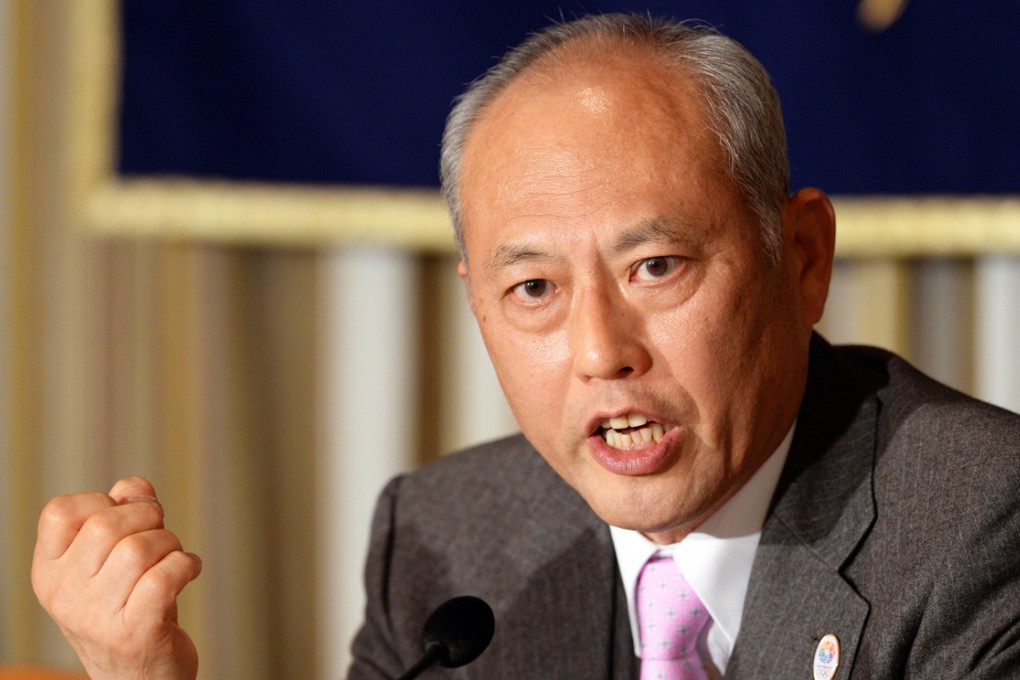Tokyo governor confident Xi Jinping will agree to meet Shinzo Abe
China and Japan must make up for region to be stable, and its in their interests to do so, he says

The governor of Tokyo said he believed a rift-healing summit would take place between the leaders of China and Japan next month, as he touted the economic benefits Chinese tourists brought to his city.
Yoichi Masuzoe, who this year became the first Tokyo governor to visit Beijing in 18 years, made the comments as Japan's government continued to lobby Beijing for a summit between Japanese Prime Minister Shinzo Abe and President Xi Jinping during the annual Asia-Pacific Economic Cooperation (Apec) forum summit on November 10 and 11.
While China's leadership has yet to respond to Abe's continued overtures, Japanese Deputy Prime Minister Taro Aso briefly met Vice-Premier Zhang Gaoli in Beijing on Wednesday to press the case for a leaders' summit next month.
"I think we can make it in November," Masuzoe said in an interview with foreign journalists.
"This is my observation because if the Chinese government decides to meet our prime minister, they can do that."
Masuzoe also said it was easier for Abe to meet Xi than South Korean President Park Geun-hye.